The brilliant David Hill takes a trip down memory lane in the latest instalment of our ‘books I read to my grandchildren’ series. Read on for his reflections as the grandparent, as well as some rare, but valuable, insights from the grandkids themselves as they recall those fond memories as adults!
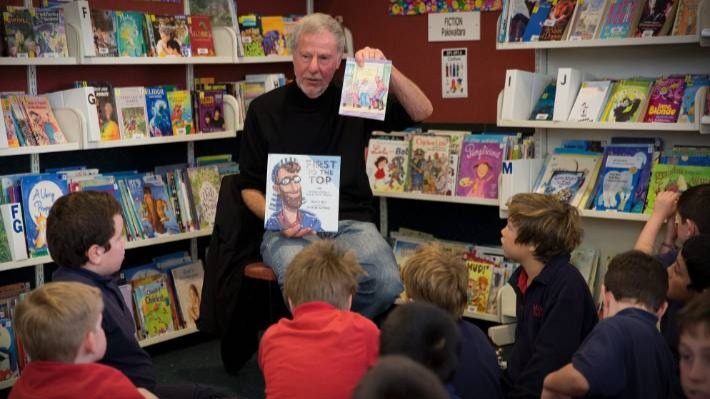
Of course I used to read to our two grandsons. It’s one of the most virtuous acts any grandparent can perform. By reading to/with them, you’re helping develop their brain synapses, and improving their fine motor tuning as small hands progress from whacking the page to pointing at it to helping turn it. You’re introducing them to the atavistic satisfactions of rhythm and cadence, the inventive wit of rhyme. You’re developing their vocab, their comprehension, their imagination; taking them on the voyage into silence and wonder that books can bring.
I read to our grandkids for my own selfish pleasure as well. That perfect small body curled on your lap (or wriggling on your lap if the book didn’t hold them; two-year-old’s make terrifying critics), woolly head tucked under your chin. Those moments of fierce tenderness when you know you’ll do anything to help protect and nurture them. Anything.
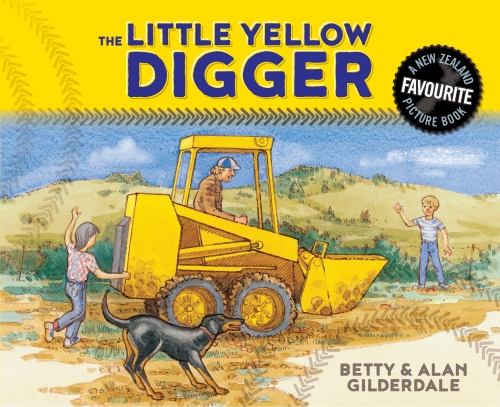
They had different tastes from the start. Both liked the bounce and lilt of Hairy MacLary and Dr Seuss. As O got a bit older and we realised he was on the autism spectrum, we realised also what an asset books were to him, how they offered a framework on which he could arrange and understand the words that sometimes eluded him.
They both loved The Little Yellow Digger – and what a loss dear Betty Gilderdale’s recent death is, not only in terms of her and Alan’s stories, but because of their dedication to children’s reading. I’m sure that when they reached the Pearly Gates, St Peter checked his list and exclaimed “Oh, it’s you! Go straight in.”
They loved The LYD in different ways. For O, it was the machine itself. He’d trace his finger silently over bucket, chassis, wheels. For P, its appeal was the story, its mischief and invention, the triumph of the underdog.
Of course I used to read to our two grandsons. It’s one of the most virtuous acts any grandparent can perform.
When The Sapling asked if I’d write this piece, I consulted the two little lads – both now taller than me; woolly heads replaced by stubbled chins – and asked if they remembered specific titles or topics.
“Dinosaurs,” went O immediately. And yes, there’s a tried, true, timeless subject for any parent / grandparent not sure what to choose.
P replied “Can’t think of titles straight off, but I always liked the ones that made me laugh”. Fair enough: small humans are just starting to discover the magic and mischief of clever wordplay, silly sounds, funny names. Any story with these should work for them. If Lynley Dodd had written only the five words Hairy MacLary from Donaldson’s Dairy, she’d have given kids pleasure and profit. Alliteration, internal rhyme, the mixture of iambs and anapaests and spondees in eleven syllables. Matchless.
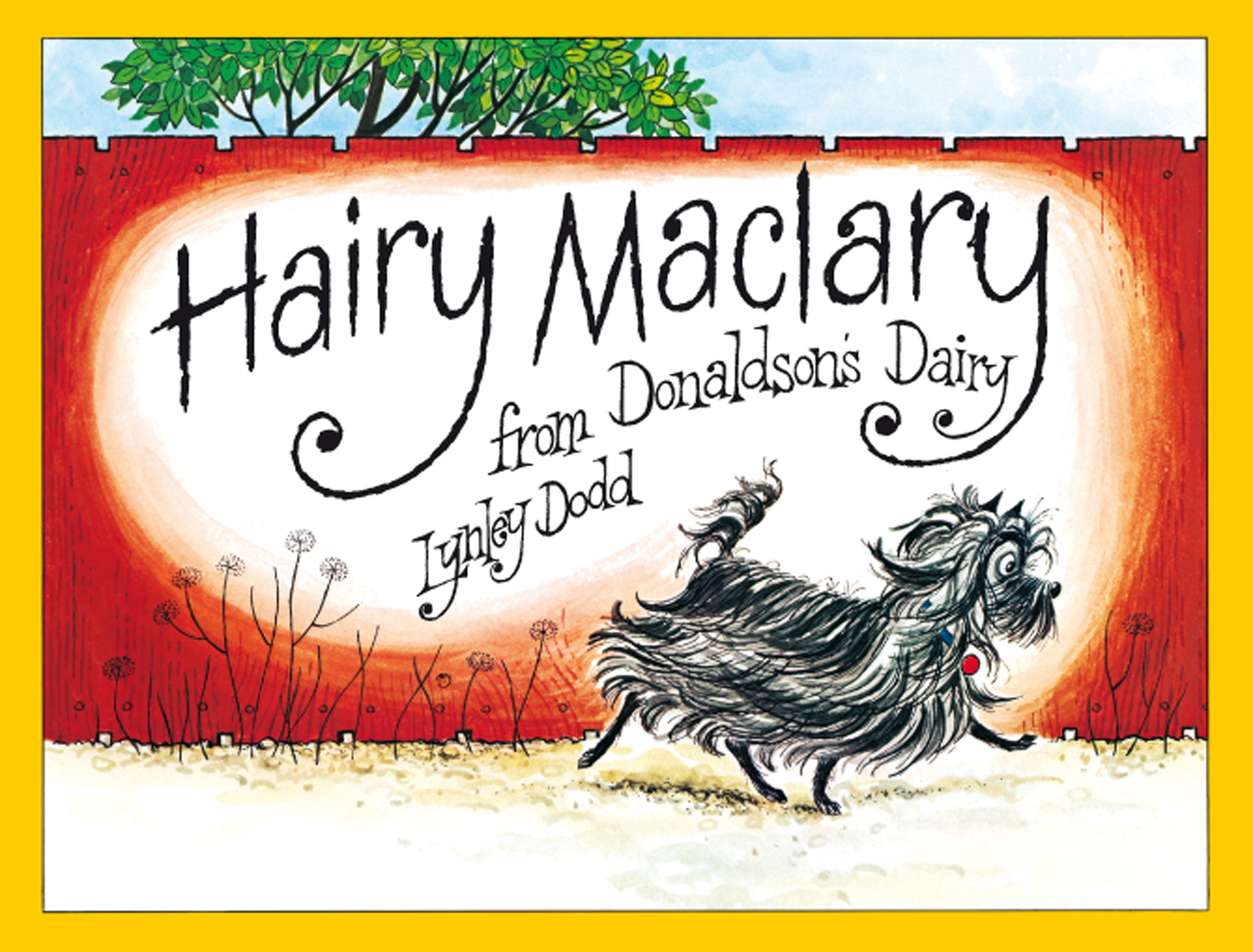
I know I bought and read them lots of NZ authors: Margaret Mahy, Joy Cowley, Lynley, Betty and Alan, Ron Bacon, Pamela Allen. Well, my friends needed to make a living, plus I wanted O and P to realise that their own territory held marvels and delights.
My wife Beth and I also remember the success of Richard Scarry’s intricate picture books, especially What Do People Do All Day?, with its excitement of the ordinary. The Berenstain Bears worked with both grandkids. So did the energy and anthropomorphism of Maurice Sendak and Eric Carle, the mischievous subversiveness of Mo Willems, and The Day The Crayons Quit, by Drew Daywalt. Empowering books, all of them, reassuring small listeners that they can handle the world.
Around here, I started worrying that my list might have historic significance only. So I checked with Bridget and Matt next door, who have three much younger consumers. Favourites at No 19A include Mem Fox’s Ten Little Fingers and Ten Little Toes; Cave Baby by Julia Donaldson; Dame Lynley’s Slinky Malinki Early Bird. Well done, those parents.
I bought and read them lots of NZ authors: Margaret Mahy, Joy Cowley, Lynley, Betty and Alan, Ron Bacon, Pamela Allen. My friends needed to make a living, plus I wanted O and P to realise that their own territory held marvels and delights.
I took P and O – who can indeed sound like a shipping line – to the library for many of their books.
I wanted them to make friends with a place that values stories and reading, and sees such attitudes as the norm. I wanted them to feel excited at the massed covers and colours. Children’s Libraries are cornucopias of goodies, while their staff are among the nicest Homo sapiens on the planet: approachable, informed, passionate about their subject. Don’t worry about knowing which titles or authors to choose; kids’ librarians can tell you all.
I’m gratified to report that as they enter their 3rd (gulp) decade, our two still have the reading habit. They still have their differences, too. P swallows science fiction and fantasy in container-loads. O goes for astronomy and politics (!!): he remains fascinated by how things work – or don’t.
When I take either of them for a coffee, “What are you reading?” always features in the conversation. Terrific. Hopefully, St Peter has Beth and me on his list as well.
David’s new books, out this month, are Coastwatchers, and Three Scoops.
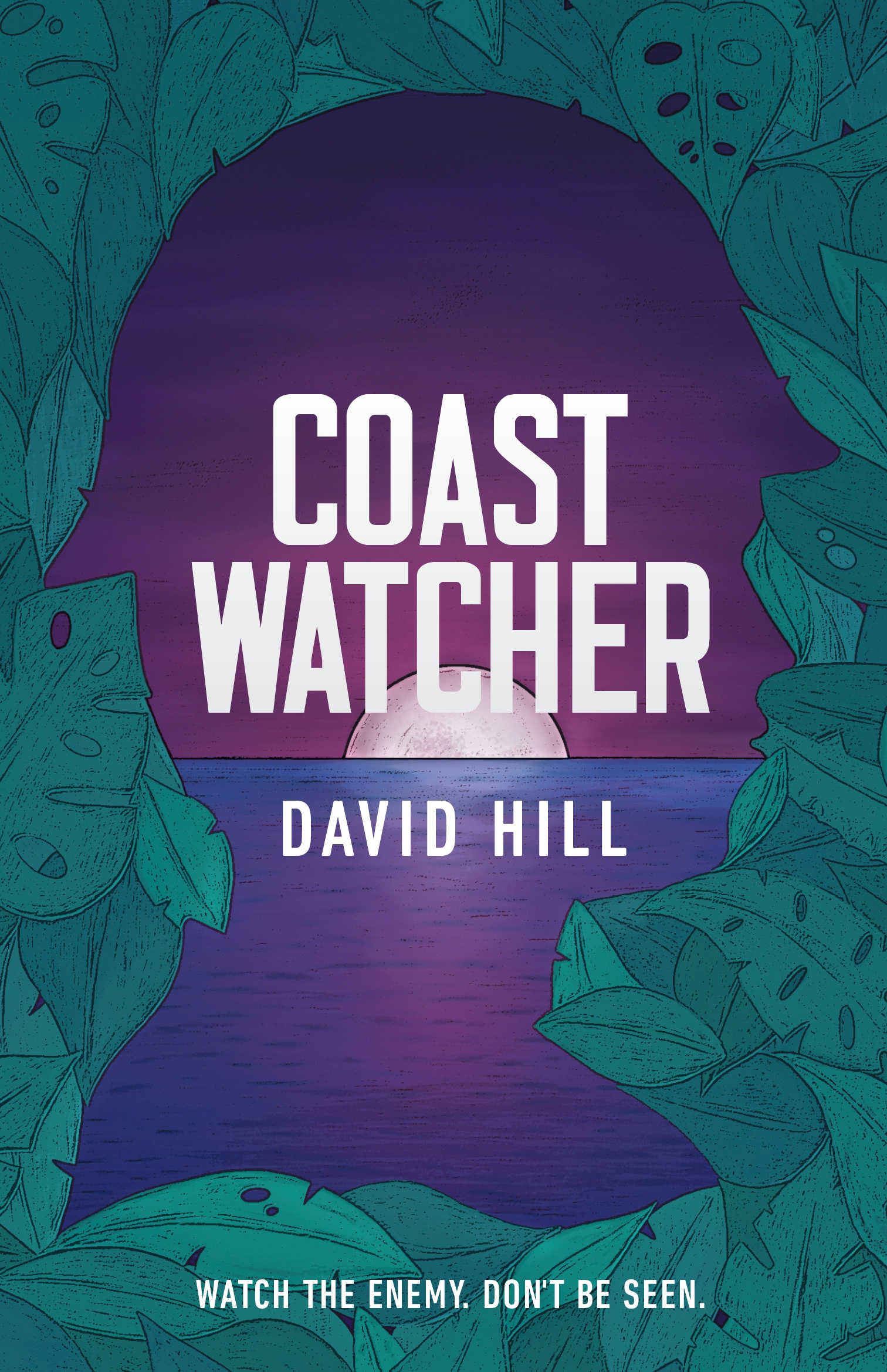
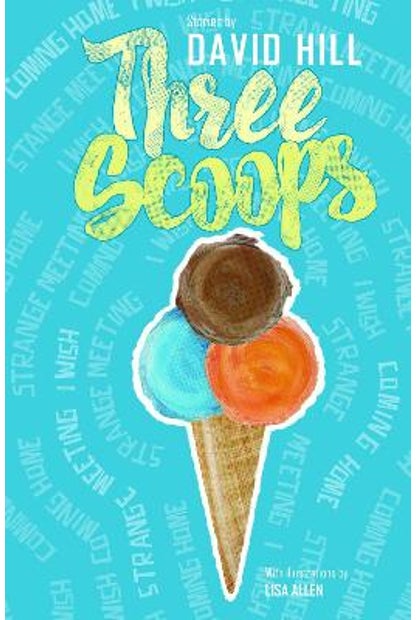

David Hill
David Hill is a prolific and highly regarded New Zealand writer, playwright, poet, columnist and critic. Best known for his highly popular and award-winning body of work for young people, ranging from picture books to teenage fiction, his novels have been published all around the world and translated into several languages, and his short stories and plays for young people have been broadcast here and overseas. He reviews books on Radio NZ, and across a wide range of print media.



